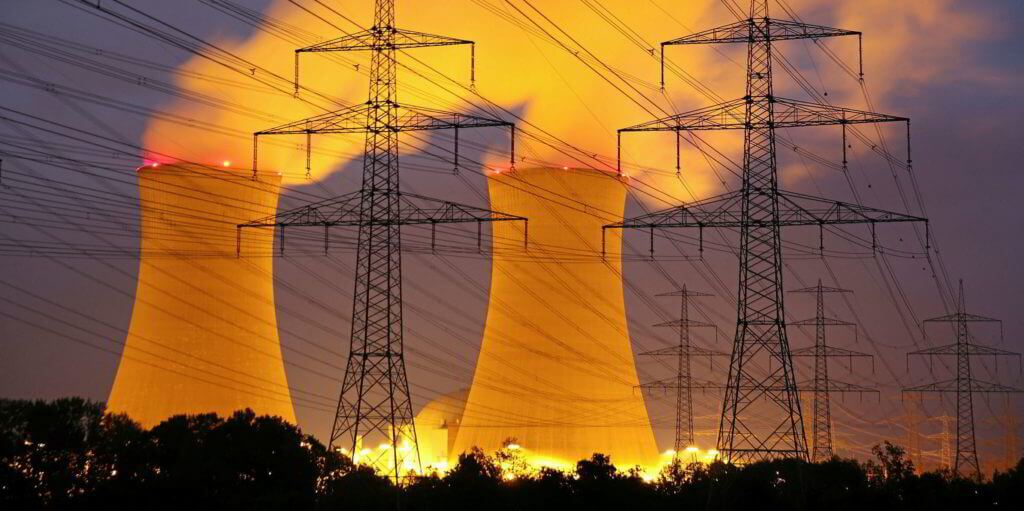Germany Weighs Extending Nuclear Plants Lifespans In Major Russia-Inspired Reversal

As fighting involving Russia and Ukraine enters its sixth day, Germany is starting to reconsider its decision to dial back its reliance on nuclear power in an effort to secure its energy supply, which is presently dependent on natural gas imports from the Russian Federation.
Reversing an earlier policy adopted under former Chancellor Angela Merkel, Germany has decided to extend the lifespan of its remaining nuclear power plants, according to Economy Minister Robert Habeck. It’s part of a broader plan for Germany to derive 100% of its energy from “renewable” sources by 2035.
Previously, Germany had planned to shutter its nuclear plants by the end of 2022. Isar 2, Emsland and Neckarwestheim 2 remain the last nuclear plants that produce power in Germany following the country’s decision a decade ago to phase out nuclear power in the wake of Japan’s disaster at Fukushima.
Here’s more from Reuters:
Germany is weighing whether to extend the life-span of its remaining nuclear power plants as a way to secure the country’s energy supply in the face of uncertainty over Russian gas supplies, the country’s economy minister said.
Asked by German broadcaster ARD whether he could imagine letting nuclear plants run longer than planned under Germany’s exit plan, which foresees shutting down the country’s three remaining plans by the end of 2022, Robert Habeck said: “It is part of my ministry’s tasks to answer this question. I would not reject it on ideological grounds – but the preliminary examination has shown that it does not help us.”
The three plants are owned by German energy firms E.ON, RWE and EnBW, respectively. Habeck said the three operators have already informed the government that extending their lifespans won’t impact energy production during the 2022-2023 winter season. – READ MORE




Responses